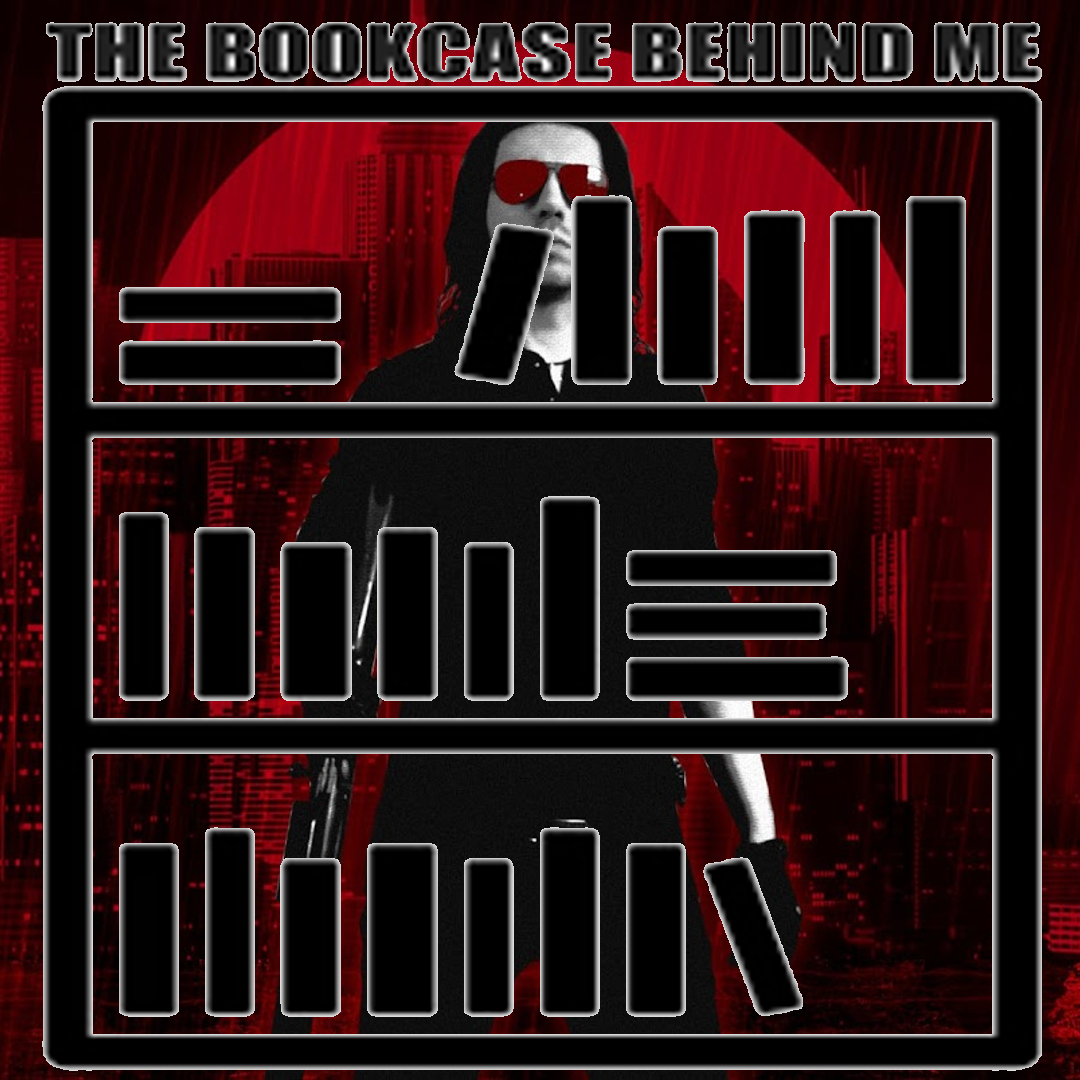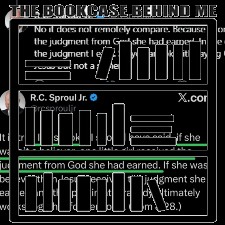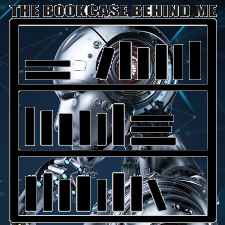Introduction
Today we’re continuing our response to Gavin Ortlund and his critiques on Lutheran Christology, specifically the Christology aspect of the genus majestaticum.
Addressing Gavin Ortlund’s Claims About Lutheran Christology
Gavin Ortlund begins by discussing Christology between two errors: Nestorius (two persons) and Eutyches (one nature, a hybrid divine-human melding). He claims that Lutherans don’t adequately preserve the distinction between Christ’s two natures.
However, I need to clarify that Lutherans do not believe in a co-mingling of natures. As Conrad Dietrich explains in his commentary on Luther’s Small Catechism, we affirm three kinds of communication of attributes:
- The genus idiomaticum (communication of titles)
- The genus majestaticum (communication of majesty)
- The genus apotelesmaticum (communication of official works)
The Reformed typically agree with the first kind but diverge with Lutherans on the second kind, where divine majesty, honor, and power are communicated to the human nature of Christ.
Scriptural Support for the Lutheran Position
Scripture affirms that Christ’s human nature receives divine attributes:
- Omnipotence (Matthew 28:18, Matthew 11:27, Hebrews 2:8)
- Omniscience (Colossians 2:3, John 2:25, John 21:17)
- Power to give life, forgive sins, and execute judgment
- Honor of worship
Gavin Ortlund claims the Lutheran view results in “some sort of intermediate being which is neither God nor man,” but this mischaracterizes our position. Lutherans don’t teach that the divine and human natures are confused or intermingled, but united in one person: Jesus Christ.
The Charge of Novelty
Gavin Ortlund asserts that Luther’s view seems novel and not found in patristic tradition. However, the Lutheran Book of Concord includes the Catalog of Testimonies, which presents extensive scriptural and patristic evidence supporting our Christology.
The Catalog cites councils (Ephesus and Chalcedon) and church fathers including Athanasius, Epiphanius, Cyril of Alexandria, Theodoret, and John of Damascus. For example, John of Damascus writes: “The divine nature communicates or imparts its own excellence or glorification to the flesh… The flesh shares with the operating deity of the word because divine operations are performed through the body as through an organ.”
The only Lutheran theologian Gavin Ortlund cites who called Lutheran Christology “novel” is George Calixtus, a known syncretist who was opposed by orthodox Lutheran theologian Abraham Calov.
On Christ’s States of Humiliation and Exaltation
Regarding passages like Mark 13:32 (about the Son not knowing the day of his return), the Formula of Concord explains this through Christ’s state of humiliation:
“This Majesty Christ always possessed according to the personal union, and yet he divested himself of it in the state of his humiliation… And for this reason, he can truly be said to increase in all wisdom and favor with God and with man (Luke 2:52), hence he did not always manifest his Majesty, but only when it seemed good to him to do so, until he wholly and entirely laid aside the form of a servant.”
The Reformed Alternative and Its Problems
Gavin Ortlund presents a Reformed alternative where “Christ is one person with two natures, such that the human nature is local and finite, and the divine nature is infinite and omnipresent. There is absolutely no bestowal of omnipresence or any other properly divine attribute onto the human nature from the divine nature.”
This view fails to account for scriptural passages like:
- Christ appearing in a locked room after resurrection
- Christ vanishing during the breaking of bread
- Christ ascending to “fill all things” (Ephesians 4:10)
- Christ’s statement that “All authority in heaven and on earth has been given to me” (Matthew 28:18)
The Problematic Analogy
At the end of his video, Gavin Ortlund offers an analogy to explain the Reformed position: J.R.R. Tolkien writing himself into Middle Earth as a character. Tolkien could be in the Shire with Frodo while simultaneously existing in Oxford as the author.
This analogy actually describes a Nestorian view, as it creates two separate entities: the fictional Tolkien in the story and the real Tolkien writing the story. They are not united in one person, which undermines Gavin Ortlund’s attempt to defend Reformed Christology against charges of Nestorianism.
Conclusion
I hope this response helps clarify the Lutheran position on Christology. If you want to truly understand Lutheran Christology, I encourage you to study the Formula of Concord (Epitome and Solid Declaration) and especially the Catalog of Testimonies – the three places in the Book of Concord that address the person of Christ in depth.





